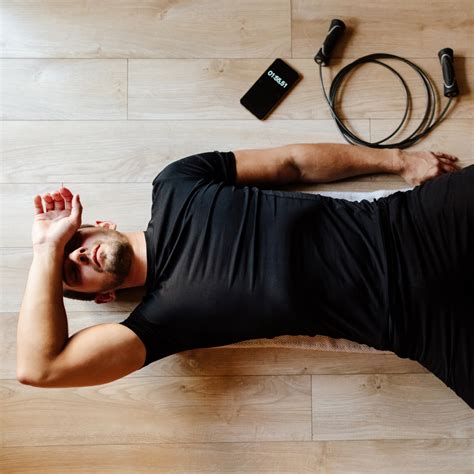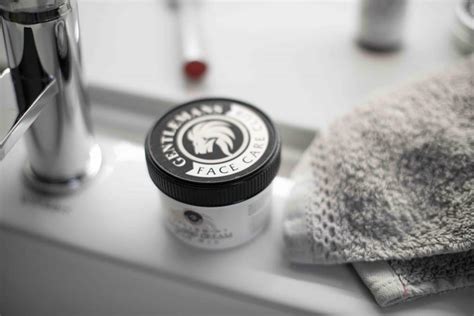Beyond the gym: How does sleep quality impact men’s strength, recovery, and peak performance?

The Unsung Hero of Men’s Fitness
In the relentless pursuit of strength, muscle, and peak physical condition, men often dedicate countless hours to the gym, meticulously track macros, and fine-tune their training regimens. Yet, one of the most powerful, free, and accessible tools for optimizing these efforts frequently gets sidelined: quality sleep. While the grind of a heavy lift or the burn of a high-intensity interval session is tangible, the profound impact of a good night’s rest on a man’s physiology and performance is often underestimated.
Sleep is not merely a period of inactivity; it’s a dynamic, essential process where the body performs vital repair, restoration, and growth functions. For men committed to their fitness goals, understanding and prioritizing sleep quality can be the ultimate game-changer, unlocking new levels of strength, accelerating recovery, and propelling them towards their absolute peak performance.

The Direct Link to Strength Gains
When it comes to building and maintaining strength, sleep is foundational. During deep sleep stages, the body releases crucial growth hormones, most notably Human Growth Hormone (HGH) and testosterone. These hormones are paramount for muscle protein synthesis, the process by which muscle fibers repair and grow larger and stronger. Insufficient sleep can significantly disrupt the production of these anabolic hormones, leading to lower testosterone levels and impaired muscle growth, essentially undermining all the hard work done in the gym.
Furthermore, sleep deprivation impairs the central nervous system, which is critical for strength performance. A fatigued nervous system cannot efficiently recruit muscle fibers, leading to a noticeable drop in power output and the ability to lift heavy. Studies have shown that even a single night of poor sleep can decrease maximum strength output and reduce time to exhaustion, directly hindering your ability to hit those personal bests.

Optimizing Recovery for Faster Bounces Back
Recovery is where gains are truly made. While training breaks down muscle tissue, recovery is when it rebuilds stronger. Sleep is the primary driver of this reparative process. During sleep, the body actively reduces inflammation, which is a natural response to intense exercise. It also replenishes glycogen stores, the primary fuel source for muscles, ensuring you have the energy needed for your next training session.
Beyond physical repair, sleep aids in cellular detoxification and general physiological restoration. Adequate rest helps reduce cortisol levels, a catabolic hormone that, when elevated chronically due to stress or lack of sleep, can break down muscle tissue. By managing cortisol and promoting anabolic hormone production, quality sleep creates an optimal environment for full and efficient recovery, allowing men to train harder, more frequently, and with less risk of overtraining or injury.

Elevating Peak Performance and Mental Acuity
Peak performance extends beyond brute strength; it encompasses reaction time, agility, precision, and mental sharpness. Sleep plays a critical role in all these aspects. Poor sleep leads to impaired cognitive function, making it harder to focus, make quick decisions, and maintain motivation during intense workouts or competitive events. Reaction times slow, coordination falters, and the mental resilience required to push through discomfort diminishes.
Moreover, chronic sleep deprivation significantly increases the risk of injury. A fatigued body is less coordinated, less stable, and slower to react, making it more susceptible to sprains, strains, and other training-related mishaps. Prioritizing sleep not only enhances physical capabilities but also fortifies mental fortitude, allowing men to perform at their highest level consistently, both in and out of the gym.

Practical Strategies for Better Sleep
Recognizing the importance of sleep is the first step; implementing strategies to improve it is the next. Here are actionable tips for men looking to optimize their sleep quality:
- Maintain a Consistent Sleep Schedule: Go to bed and wake up at roughly the same time every day, even on weekends, to regulate your circadian rhythm.
- Create a Restful Environment: Ensure your bedroom is dark, quiet, and cool. Blackout curtains, earplugs, or a white noise machine can be beneficial.
- Limit Screen Time Before Bed: The blue light emitted from phones, tablets, and computers can interfere with melatonin production. Power down electronics at least an hour before sleep.
- Watch Your Diet and Stimulants: Avoid heavy meals, caffeine, and alcohol close to bedtime. While alcohol might initially induce drowsiness, it disrupts sleep quality later in the night.
- Incorporate Regular Exercise: Physical activity during the day can promote better sleep, but avoid intense workouts too close to bedtime.
- Manage Stress: Practice relaxation techniques like meditation, deep breathing, or journaling to calm your mind before sleep.

The Takeaway: Invest in Your Sleep
For men striving for optimal strength, accelerated recovery, and unmatched performance, sleep is not a luxury; it is a non-negotiable cornerstone of success. It’s the silent force working behind the scenes, repairing, rebuilding, and rejuvenating your entire system. By intentionally prioritizing and optimizing your sleep quality, you’re not just resting; you’re actively investing in every rep, every run, and every personal best. Make sleep an integral part of your fitness regimen, and watch your potential soar beyond the gym walls.








